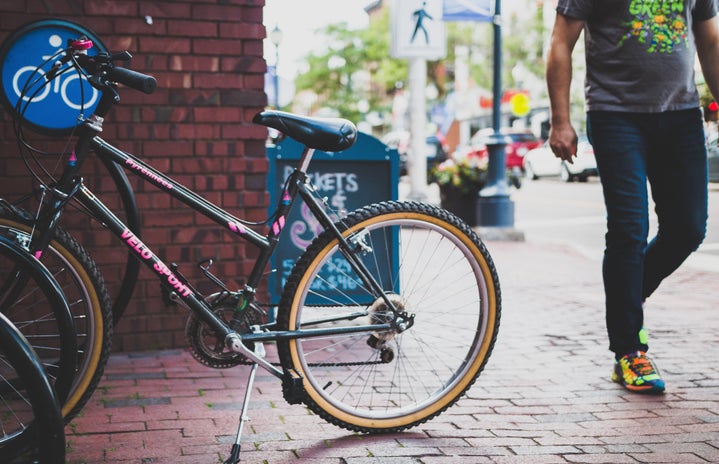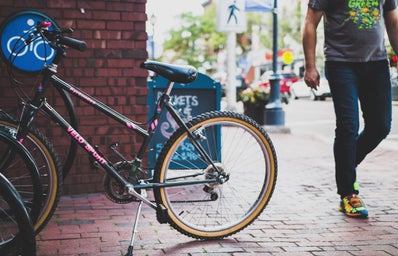My whole life, all I’ve wanted to do is vote.
When I was ten, during the first election cycle, my 5th grade English class held a fake election. We looked at these charts that explained in simple terms John McCain and Barack Obama’s views on the “big issues,” and then were told to put a piece of paper in a hat, on which we’d write the candidate we chose, casting our “vote.” Of course, we voted for whom our parents were voting for, because our parents being generally right was the extent of our political acumen.
I had cast my first “vote,” and I felt like what I thought mattered. It was exhilarating.
My whole life, my mother had told me it was American right and privilege to vote. My father wasn’t a citizen yet, and though he had different political beliefs from my mother, he also told me: Vote, and vote intelligently. I was brought up with the idea that it was my duty to be an educated voter. I watched Barack Obama get inaugurated that January, and thought: In eight years, I’ll get to be a part of this. I’ll get to vote.
I have waited to vote for 18 years. I’ve learned about politics and policy and I’ve learned about what issues I care about. When this election process started, I was so excited, I started paying attention well before my parents—in fact, it was near the beginning of 2015 that I was doing research and checking in on possible candidates to learn about the major issues of this particular election.
My whole life, all I’ve wanted to do is vote.
But what the hell is this?
I recognize that what I believe is best for the US is not what everyone else believes. I recognize that nothing states that my or someone else’s beliefs are inherently right. Democracy is complicated partially because there is no one right answer.
However.
Political disagreement is not the same thing as ignorance. It is not the same thing as racism, sexism, violence, or hatred.
Political disagreement comes from a place of wanting the best for our nation, but believing in different ways to get there.
Being Republican or Democrat or Independent or Libertarian or whatever doesn’t make you good or bad. Whether you’re fiscally conservative or liberal doesn’t make you evil or saintly. Morality ultimately shouldn’t be up for debate in a political election. It takes away from the real value of political difference.
The creation of our political parties was over the issue of bigger or smaller government, over federal vs. state power (of course I’m drastically simplifying, but Thomas Jefferson and Alexander Hamilton’s debates over our nation span several years of letters, pamphlets and congressional arguments). The reality is they were fighting for what they believed would create the best version of the United States. I’m sorry if I can’t believe that today’s debates are really trying to create the best version of the United States—some politicians sound more like they’re trying to create the whitest version of the US.
I don’t want to be voting against a bigot, I want to be voting for policy. I don’t want our political debate to have to include arguing whether or not a whole nation is full of criminals and rapists (a bonkers theory by the way) or whether those belonging to one religious group are inherently evil or terrorists (equally bonkers). I want to be choosing to vote for different health care policies, for tax codes, for social welfare, without having to vote for our country’s morality.
When I was ten, I remember my mother coming home from the polls with a sticker with a peach on it and the words: I’m a Georgia Voter! I wanted that sticker. I imagined casting my vote for the first time, standing in that booth and being part of democracy.
I’m not all that excited to vote this November. I will, of course. I still think it’s my duty as an American, I still believe my vote is important, and I still really want to make sure that a bigot won’t be running the country in which I live. But this is isn’t what I thought I’d be voting for. I didn’t think my vote would have so little to do with my research. I didn’t think my vote would really be about preventing someone from becoming president, rather than being excited about someone’s policies. I thought I would be voting for actual politics, for policy, for plans for this country.
All my life, I’ve wanted to vote. I didn’t think I’d have to vote for America’s soul.
Image Credit: Blue Jersey, Marketing Land, WRGC

